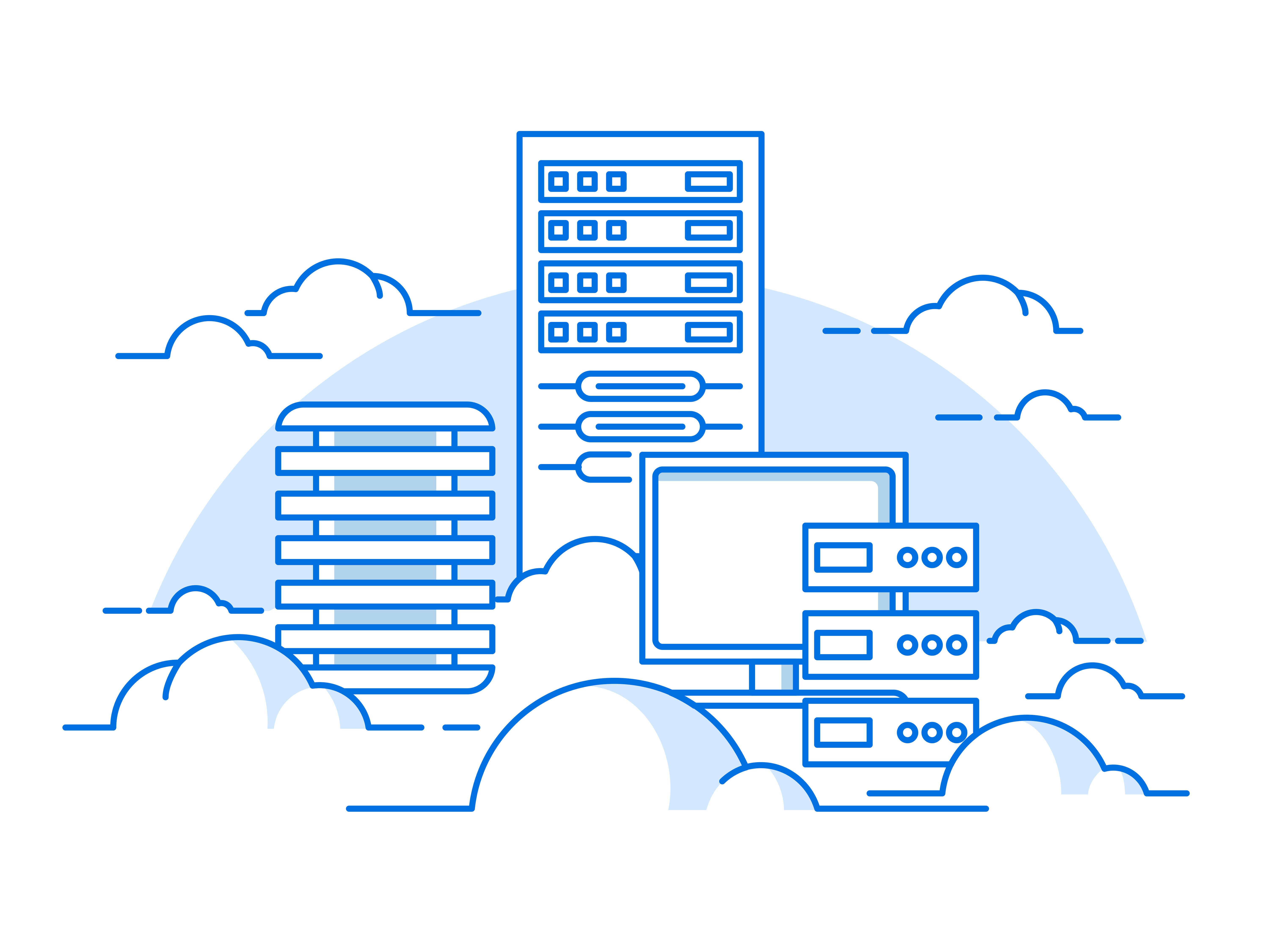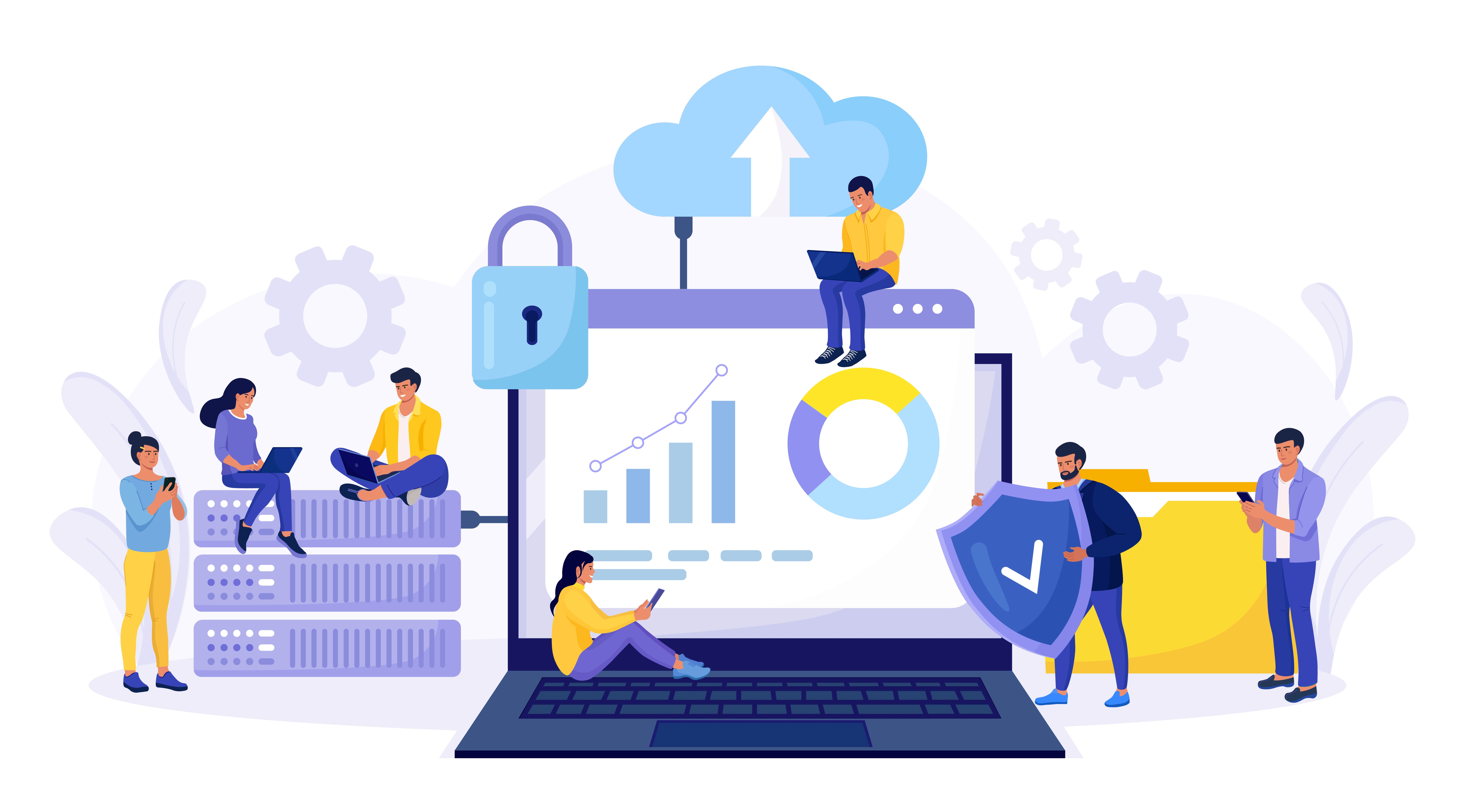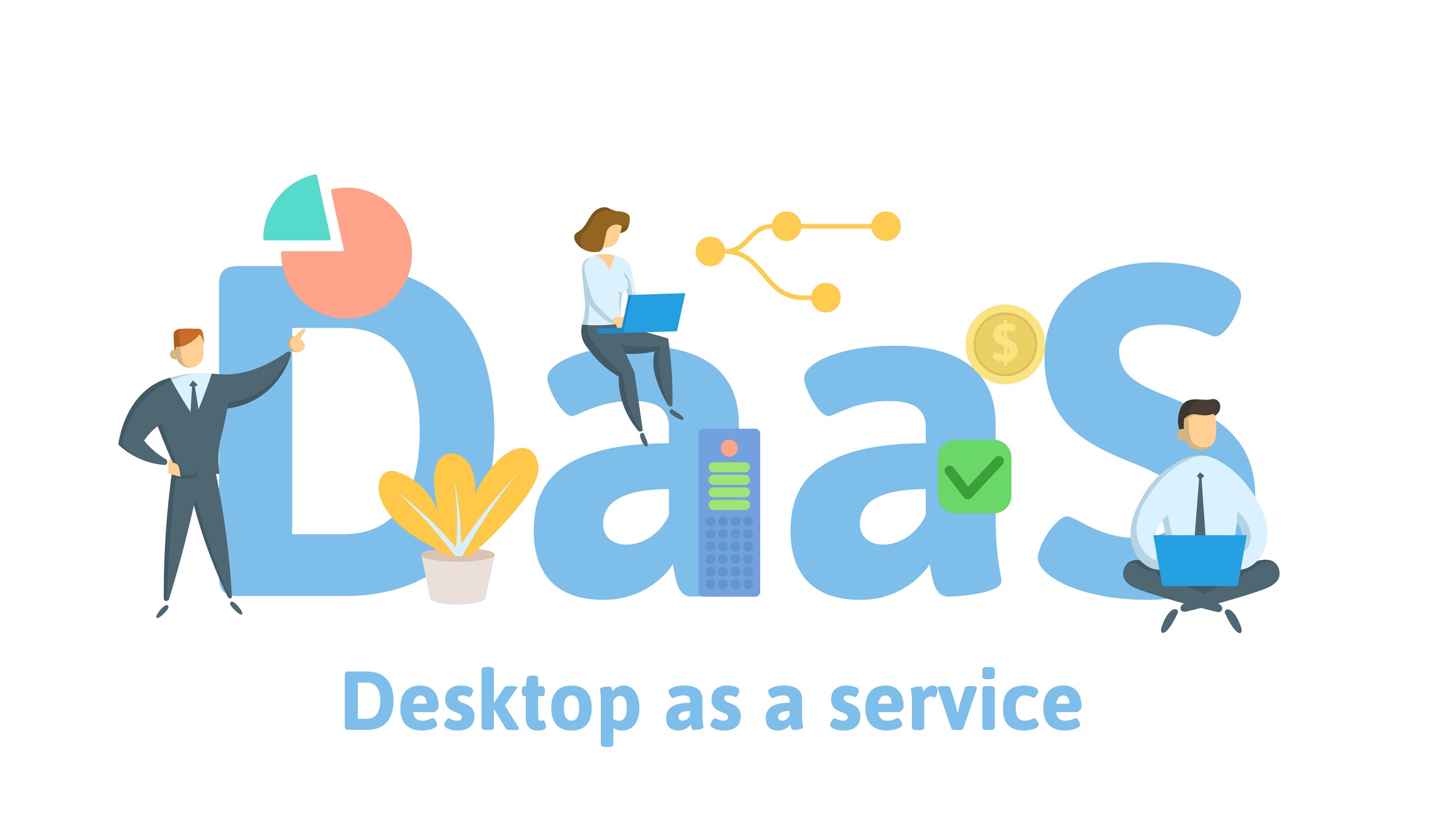The growing reliance on technology by law firms and businesses of all sizes has made robust cybersecurity measures more critical than ever.
When it comes to cybersecurity, the best offense is a strong defense. But with the threat landscape constantly evolving and cyber criminals becoming ever craftier, even the best-protected companies are vulnerable to a cyber attack.











